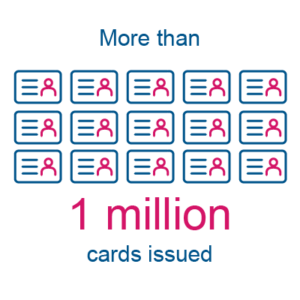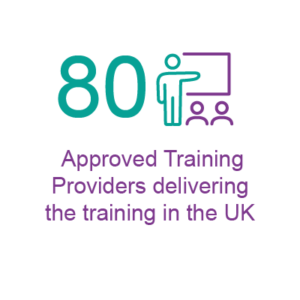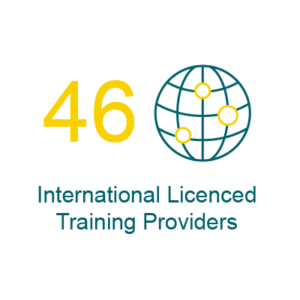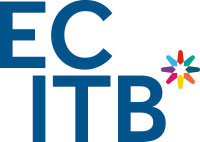The CCNSG Safety Passport – National Course
The ECITB has been delivering the best safety accreditation for more than 30 years.
The CCNSG Safety Passport National Course is a two-day training course, giving delegates enhanced health and safety awareness through ECITB’s quality-assured delivery process.
All work exposes people to hazards, this is especially true for the engineering construction industry. That’s why it is imperative that everyone working on site is correctly trained.
Suitable for all members of the workforce, this nationally-recognised course helps to reduce accidents and lost time incidents on sites.
On completion, successful candidates receive a CCNSG Safety Passport. This is the engineering construction industry safety card, which is valid for three years.
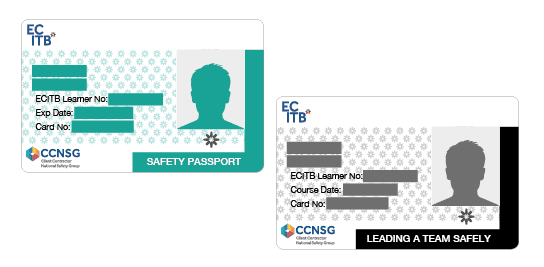
CCNSG is also globally recognised with 46 International Licenced Training Providers delivering international versions of the course in 19 countries.
For the International Health and Safety Passport, visit our Global site.
Why industry values the CCNSG Safety Passport
Don’t take our word for it. Hear the views of employers, clients, unions, training providers and learners on how the CCNSG Safety Passport has been leading industry safety for 30 years, what makes it unique and why it remains the go-to safety card for the engineering construction industry.
Hear more from Mark Poole, Altrad’s Learning and Competence Manager for UK and Ireland, on the ECITB’s “bespoke” safety passport.
Emma McMullen is Managing Director of Approved Training Provider GSS Training, which delivers the quality-assured course.
Steven Tonkin, from Pump Supply & Repair Group, says attending was “a big eye opener” with people sharing real-life experiences.
Alastair Wolff, of Atesta Limited, one of the UK’s leading environmental stack emissions testing contractors, on attending the course.
Unite the Union National Health and Safety Officer Rob Miguel on why the CCNSG’s two-day course is ‘ideal’ for industry.
The course covers:
- Relevant health and safety legislation including the responsibilities of clients/site operators, employers and employees.
- Approved codes of practice.
- Role of the Health and Safety Executive.
- Sources of health and safety information.
- Who is responsible for the health and safety of people working on a site.
- The consequences for employers and employees of not fulfilling their legal health and safety responsibilities.
- The purpose and nature of risk assessments, method statements and permit-to-work systems, and the relevance of local procedures and safe systems of work.
- Hazards and risks.
- Fire safety procedures.
- Manual handling.
- Dangers of slips, trips and falls.
- Working at height.
- Working with tools and equipment, noisy environments, vibrating equipment.
- Confined space/ excavations working.
- Hazardous substances.
- Lifting operations.
- Dangers of asbestos/radiation.
- Site traffic.
- Types of signs and warnings.
- Electricity and portable electrical appliances/ stored energy devices.
- Environmental issues.
- Personal Protective Equipment.
- Incident reporting procedures.
- Reporting lines and procedures.
- Importance of training.
- Safety first attitudes.
- Personal behaviour.
- Introduction to mental health and equality issues
- Minimising the risks from different hazards.
Need to renew your CCSNG Safety Passport? Find out how to renew your CCNSG Safety Passport
CCNSG Safety Passport stats at a glance
